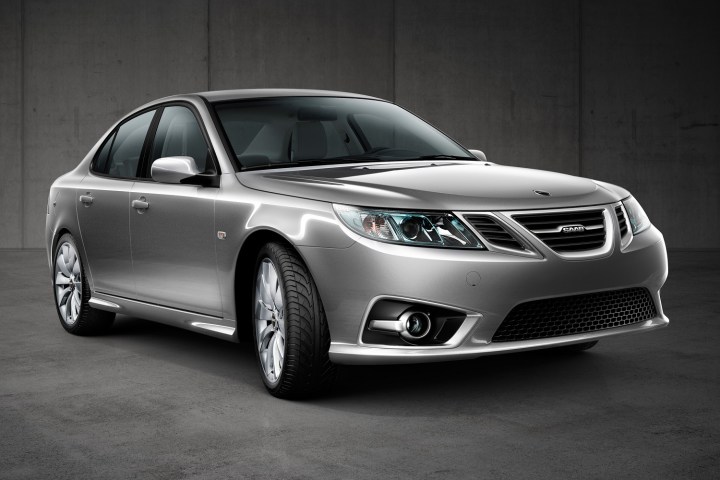
National Electric Vehicle Sweden (NEVS) bought Saab’s assets in 2012 after the Swedish automaker declared bankruptcy, and has been trying to get an electric version of the Saab 9-3 into production ever since. Now the company has permission to build a factory in China, where many of its backers are from.
NEVS was granted a license by the Chinese National Development Reform Commission, which is required to manufacture electric cars in the country, according to a NEVS press release. Construction at the factory site in Tianjin has already begun, and NEVS hopes to start production by the end of the year. At full capacity, NEVS claims the factory will be able to build 200,000 cars a year.
Initially, NEVS plans to build electric versions of the 9-3. This sedan was built by Saab in 2011, and since then NEVS has built a handful of 9-3s at the former Saab factory in Trollhättan, Sweden, including at least one prototype of the electric version. The 9-3 is based on a design that first went into production in 2003, which makes it pretty outdated by industry standards. But NEVS already has an order lined up.
It will follow up on a deal with Panda New Energy first announced in December 2015 for 150,000 electric cars. Panda New Energy is a fleet company that leases cars, primarily to chauffeur services. It’s one of many companies in China created primarily to take advantage of generous government incentives for electric cars. Panda New Energy has said it will make a second purchase of 100,000 cars from NEVS at some point after the first order is filled.
These cars probably won’t be sold as Saabs. The Saab logo was not included in the assets NEVS purchased after the bankruptcy, and it lost the rights to the Saab name after a round of financial trouble in 2014. The company is at least getting lots of mileage out of the 9-3: it also licensed the design to Turkey for production there.


